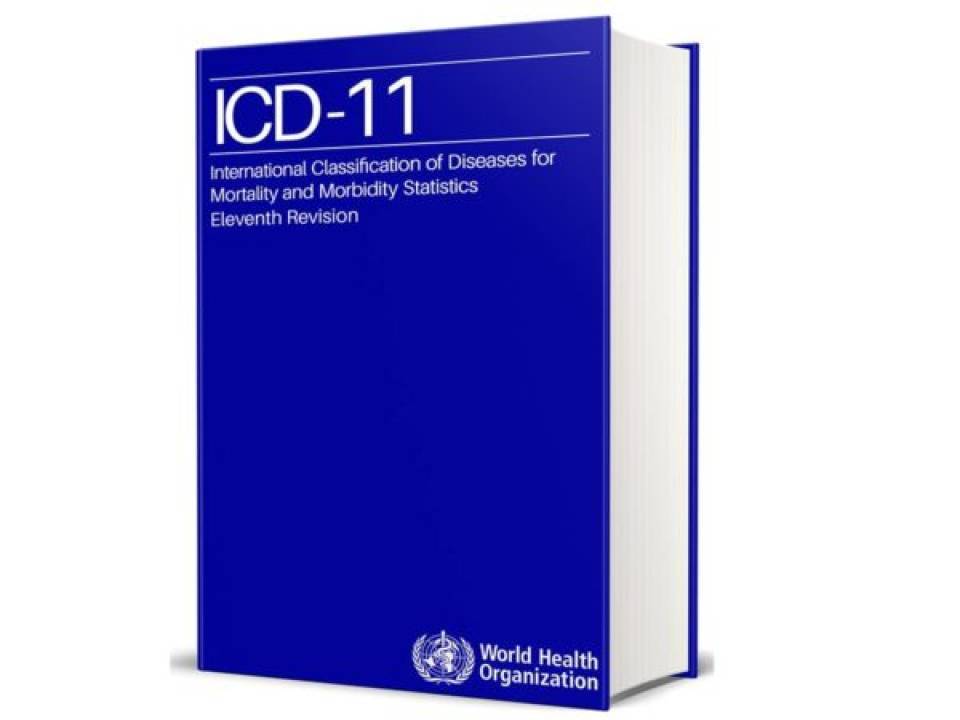Substantiated information by:

Ana Arias Gassol
Occupational therapist
Rheumatology Service

Antonio Collado Cruz
Rheumatologist
Rheumatology Department

José Pérez Ruiz
Rheumatologist
Rheumatology Department

Xavier Torres Mata
Psycologist
Service of Psychiatry and Psychology

Ángel Fernández López
Physiotherapist
Rheumatology Department
Published: 28 December 2018
Updated: 28 December 2018
The donations that can be done through this webpage are exclusively for the benefit of Hospital Clínic of Barcelona through Fundació Clínic per a la Recerca Biomèdica and not for BBVA Foundation, entity that collaborates with the project of PortalClínic.
Subscribe
Receive the latest updates related to this content.
Thank you for subscribing!
If this is the first time you subscribe you will receive a confirmation email, check your inbox
An error occurred and we were unable to send your data, please try again later.





